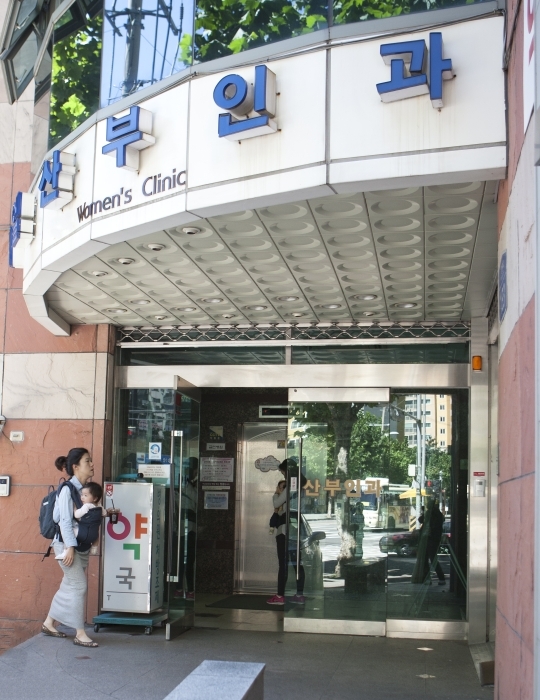Control tower over all ministries necessary for women’s health
In need for policies based on changing life cycle due to population aging, delayed marriage, and deferred childbearing

2 years ago, Ms. Hwang Min-hye (pseudonym·35) received a surgery to have a fibroid removed from her uterus. She almost had an open abdominal incision because the fibroids were quite large, but fortunately, she transferred to a different hospital at the last minute and was able to undergo laparoscopy instead. When she discovered the fibroids 7 years ago, they were small, and she was advised to receive regular check-up. Even that was hard, however, due to busy work and rigid working environment that didn’t allow her to take even one menstrual leave. Moreover, for an unmarried single as her, it was not easy to go see a gynecologist. As a result, her fibroids grew larger.
Like Ms. Hwang, most unmarried single women and teenage girls hesitate to go see a gynecologist. Oppressive sex culture and the narrow mindset of associating gynecologist with pregnancy and childbirth are having adverse effects on women’s health. Moreover, although work-life balance or maternity protection have been touted as solutions to low fertility rate in recent years, since its focus is concentrated only on pregnancy and childbirth, greater number of people are calling for policies based on the entire life cycle.
This is why many voiced the need for “women’s health bureau” at “the 84th Women’s Policy Forum & KSMCH Symposium,” which was held at the National Assembly Members’ Official Building on September 24. At the forum, co-hosted by Korean Women’s Development Institute (KWDI), The Korean Society of Maternal and Child Health (KSMCH), and Saenuri lawmakers, Gil Jeong-woo and Shin Kyeong-rim, many criticized the fact that no policy based on gender or life cycle was in place, and raised the need to install a control tower that can comprehend policies that are currently dispersed in many ministries.
Shin Jung-ho, President of Korean Society of Obstetrics and Gynecology, said “women’s life cycle changes dynamically according to more extreme and clear milestones than men, so a tailored management approach for each stage is necessary. Park Hyun-young, Division Director of Cardiovascular and Rare Diseases at Korea National Institute of Health said, “Women’s average life span is longer than that of men, but healthy span isn’t, meaning women tend to lead a longer unhealthy period. Moreover, due to women’s unique health and disease issues, women tend to be less healthy than men in general.”
In addition, in an aging society, women's economic vulnerability lowers female senior citizens' accessibility to medical services, and late marriages and delayed childbirth undermine maternal health. However, work environment is still not friendly to female workers. This is why many called for customized health policies based on women's entire life cycle.
Kim Young-taek, Research Fellow at KWDI who participated as a presenter, took mental health of sexual violence victims and their suicide rate as an example and emphasized the need for further study on mental health promotion from a gender-specific perspective.
On establishing a women's health bureau, another research fellow at KWDI, Kim Dong-sik added, "This means we can now have a comprehensive management over various bills, implementation plans, and related projects, which were previously scattered around many ministries such as the Ministry of Health and Welfare, Ministry of Gender Equality & Family, Ministry of Employment & Labor, and Ministry of Environment. The new bureau should serve as an organization that has comprehensive control over everything from setting up health policies with a gender-specific perspective to executing necessary budget, evaluations and so on."
Ahn Myung-ok, President of KSMCH stressed that "Management of women's health by their life cycle will come naturally only if we set up comprehensive, integrated, preventive, and tailored women's health policies"

